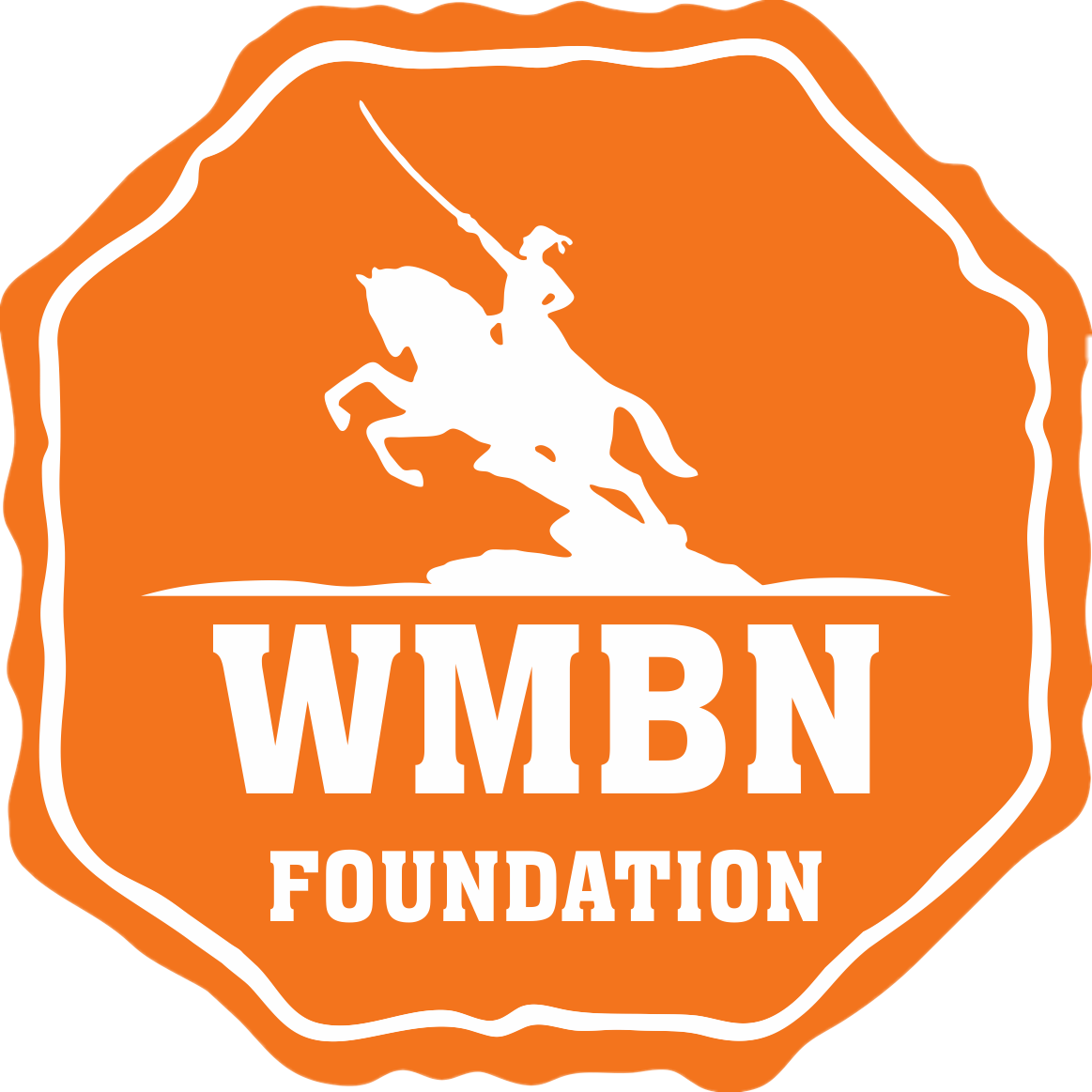Water, Sanitation & Hygiene
Water, sanitation & hygiene (WASH)
Access to safe water and sanitation is a human right. But right now, hundreds of millions of people around the world do not have access to safe water and billions cannot access the sanitation services they need. Discover how the IFRC is at the forefront of responding to global water, sanitation and hygiene (WASH) needs.
Our Work
The IFRC works to ensure that people around the world have equitable, sustainable and affordable access to water and sanitation services. We do so by supporting our 191 National Societies to deliver effective emergency, recovery and long-term WASH programmes.
Improving global WASH access and awareness is an integral part of our overall work in health and care building healthier and more resilient communities. Collectively we reach over 100 million people with quality water, sanitation and hygiene activities every year.
- On the hardware side, we build WASH infrastructure such as toilets and community water pumps. We also repair or build sewage systems, water storage and water treatment facilities.
- On the software side, we run hygiene promotion and behaviour change activities to improve people's knowledge of good sanitation and hygiene practices (such as proper handwashing). We also support communities to effectively manage and maintain their water, sanitation and hygiene facilities.
- More and more we are integrating WASH activities into other areas of our long-term and emergency work—from nutrition to protection, gender and inclusion. And we constantly research and innovate new WASH technologies and tools to better serve our communities.
The issue explained
Billions have no access to WASH. Enormous numbers of people, the vast majority in low income countries, have no access to safely managed water and sanitation, or to handwashing facilities with soap or alcohol-based rub. Refugees and migrants often spend long periods without access.
Inadequate WASH is a major killer. Inadequate WASH devastates public health. The infectious diseases that spread through unsafe water, from improperly disposed human waste and poor hygiene practices have a profound effect on high rates of infant mortality, malnutrition and chronic illness in the general population.
Water fetching is women’s work. For many communities without safely managed water, sources are usually far from their homes, and it typically falls to women and girls to spend much of their time and energy fetching water, a task which often exposes them to abuse and attack.
Poor sanitation and hygiene endangers women and girls.Going to the toilet outside, or in facilities shared with men, puts women and girls in danger. Lack of good hygiene knowledge or facilities prevents effective menstrual hygiene management (MHM) and can lead to serious health problems.
The way forward
WASH is critical to the Sustainable Development Goals (SDGs).Safely managed water and sanitation services and adequate and equitable hygiene for all will drive progress across the 2030 Agenda, particularly in health, gender equality and livelihoods.
WASH is a defence against COVID-19.Governments must address the lack of WASH in healthcare facilities to help control the spread of infectious diseases such as COVID-19, cholera and typhoid, and provide a safe environment for staff and patients.
